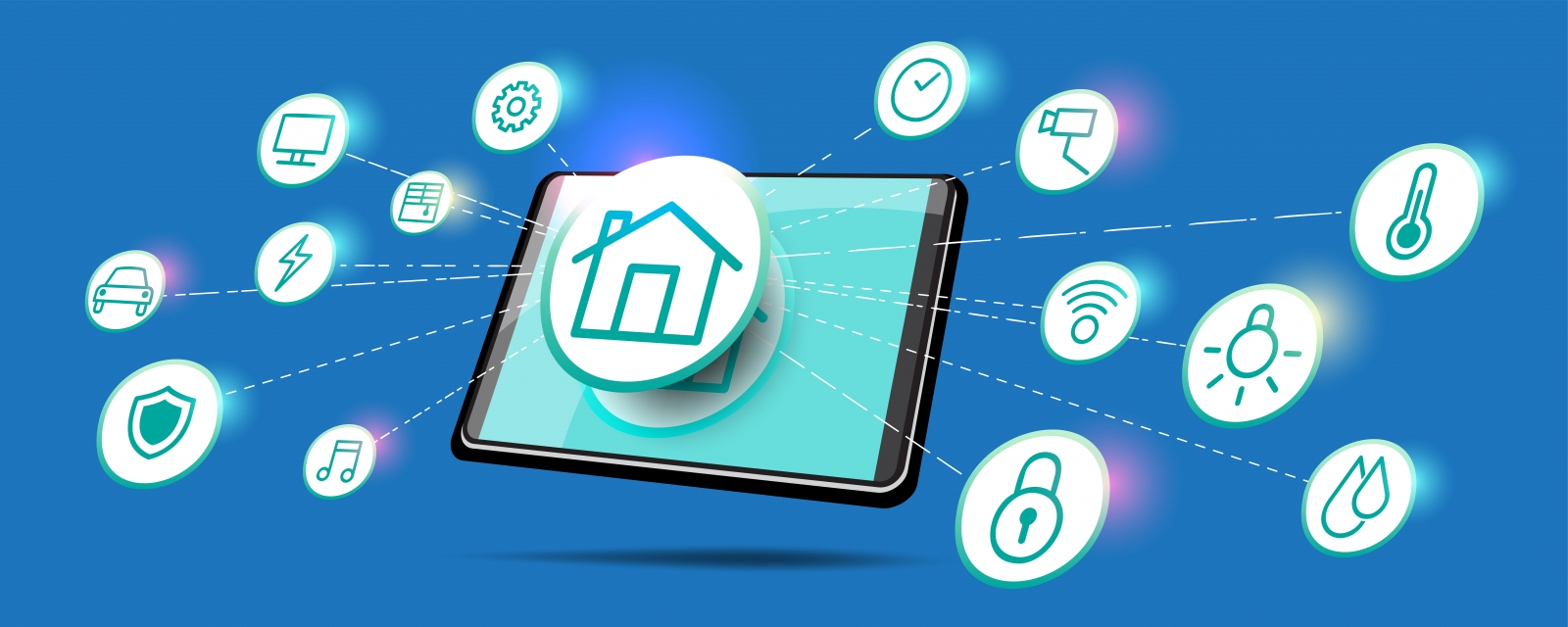
We understand the importance of a reliable and efficient security solution. While alarm self-monitoring may seem like a cost-effective option, it comes with several risks and limitations that can compromise object security. In this blog post, we will explain why alarm self-monitoring does not work.
-
Firstly, alarm self-monitoring relies on the owner of the property or designated individuals to respond to alerts and notifications from their security system. This method assumes that the property owner or their trusted associates will be available and able to respond to an emergency at any given time. Unfortunately, this is not always the case.
- Secondly, even if the property owner receives alerts and responds, they may not have the necessary training or equipment to deal with the situation. For example, responding to a burglary requires specialized training, equipment, and tactics. Without proper training, the owners may put themselves at risk.
- Thirdly, alarm self-monitoring is not suitable for emergency situations where a quick and decisive response is required. For example, in a fire outbreak, every second counts. A delayed response can result in significant property damage and even loss of life. In such a scenario, relying on a professional monitoring service ensures that emergency services are contacted quickly and efficiently, minimizing damage and loss of life.
- Fourthly, false alarms are common with alarm self-monitoring, which can lead to unnecessary panic, inconvenience, and financial penalties. For instance, a false alarm could result in a homeowner being fined by their local law enforcement agency, wasting valuable resources and time.
In conclusion, alarm self-monitoring may seem like an attractive option for those looking to save money, but it comes with several technical risks and limitations.
We strongly advise homeowners and businesses to invest in professional monitoring services.
Don’t put your property and loved ones at risk by relying on alarm self-monitoring.






